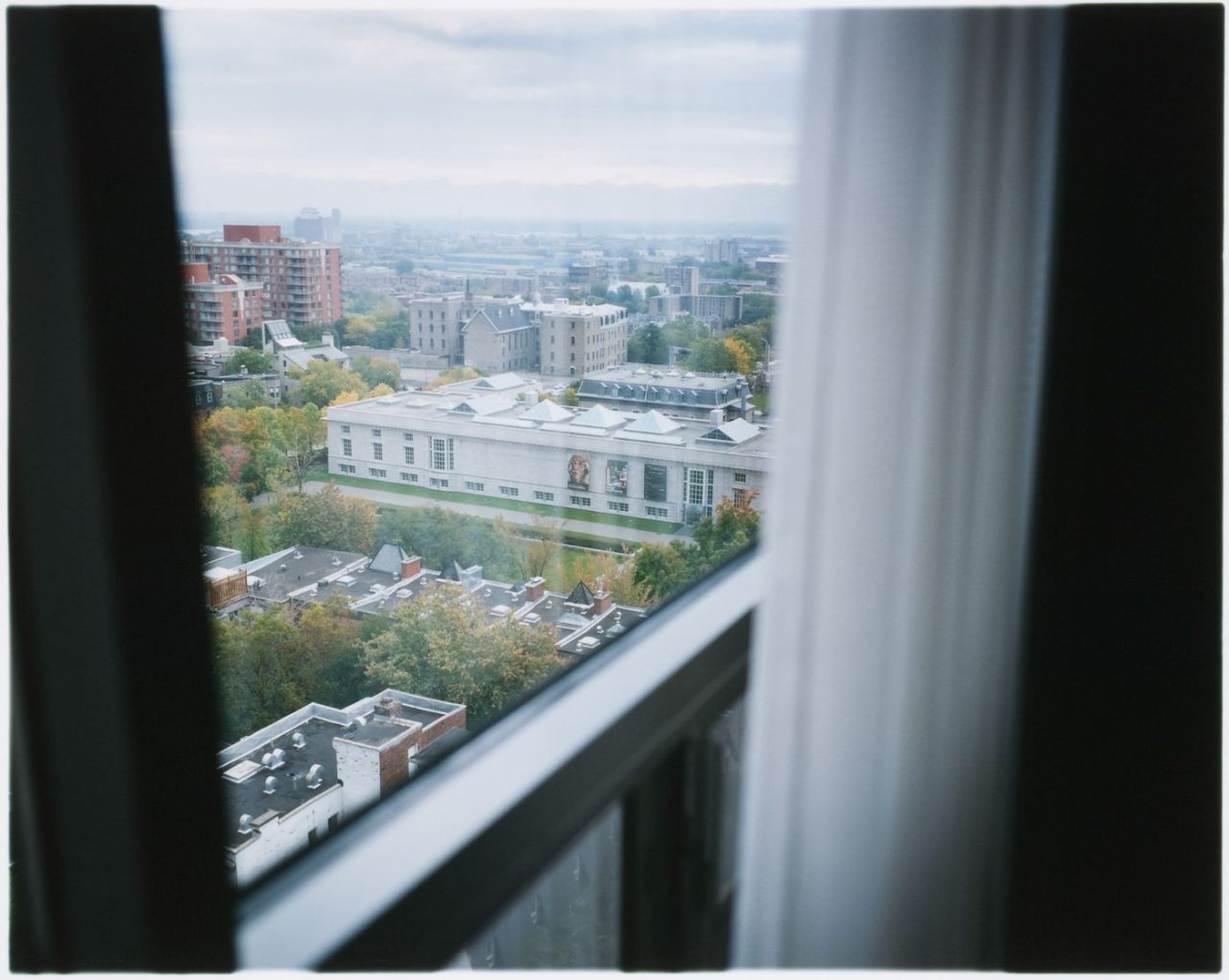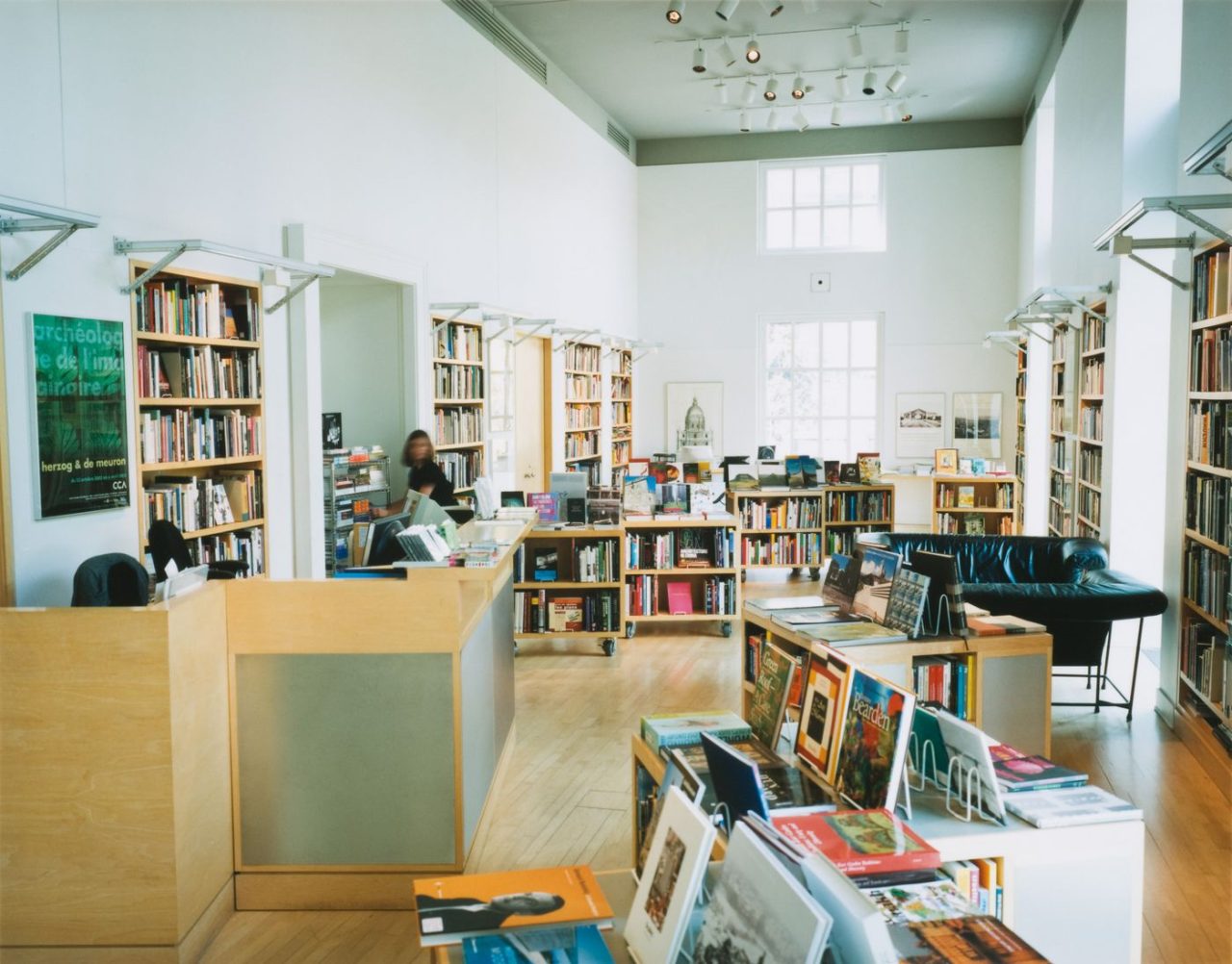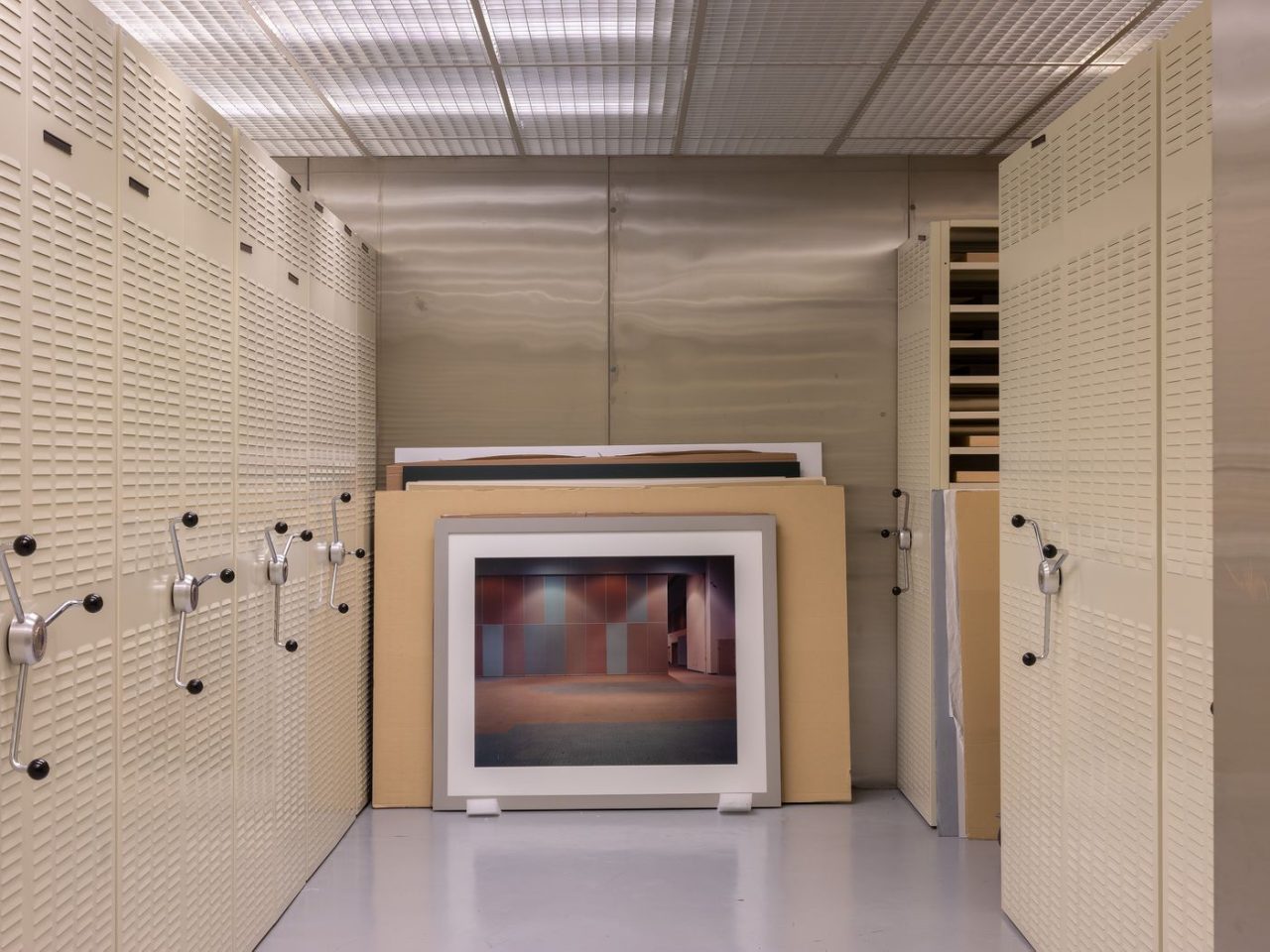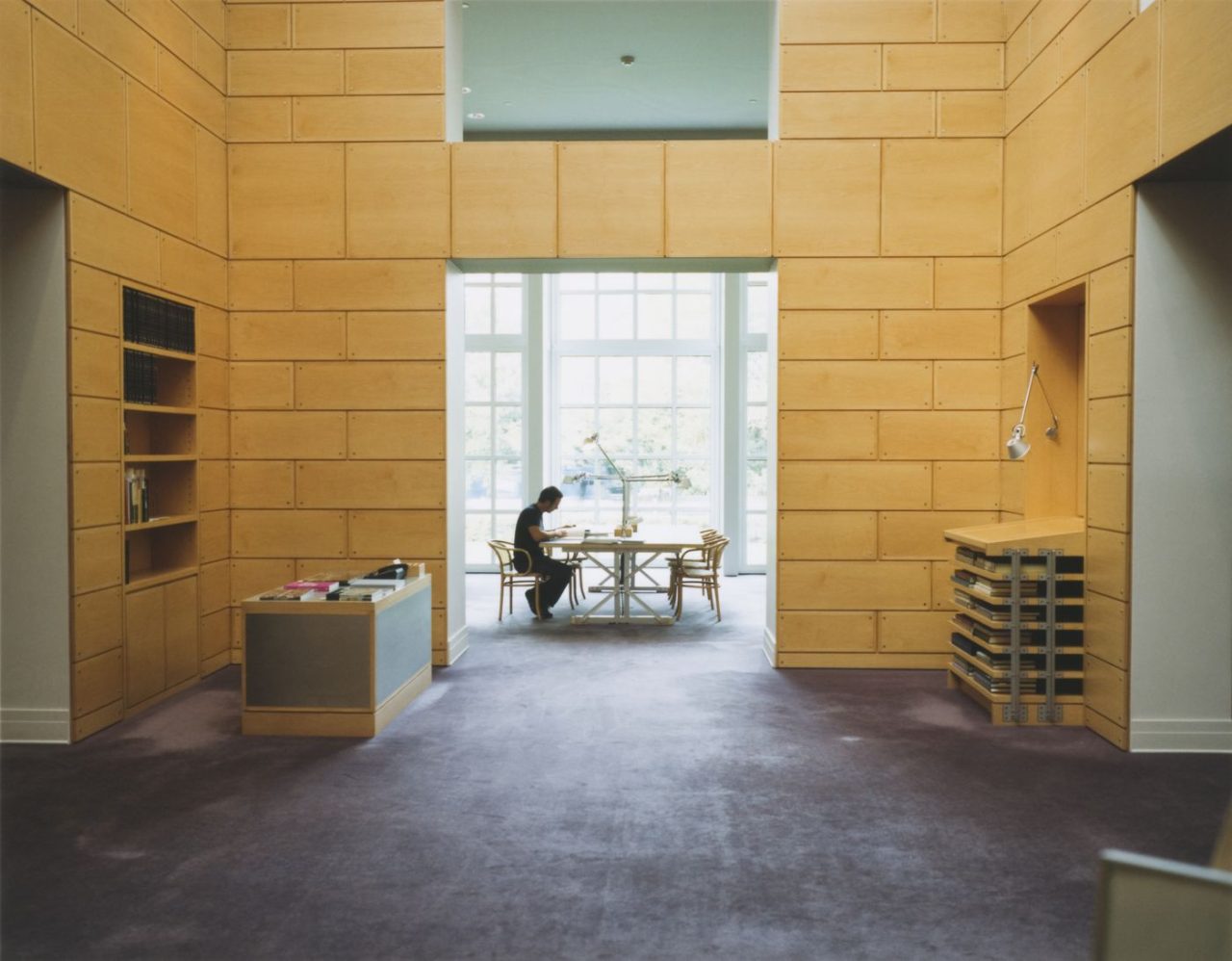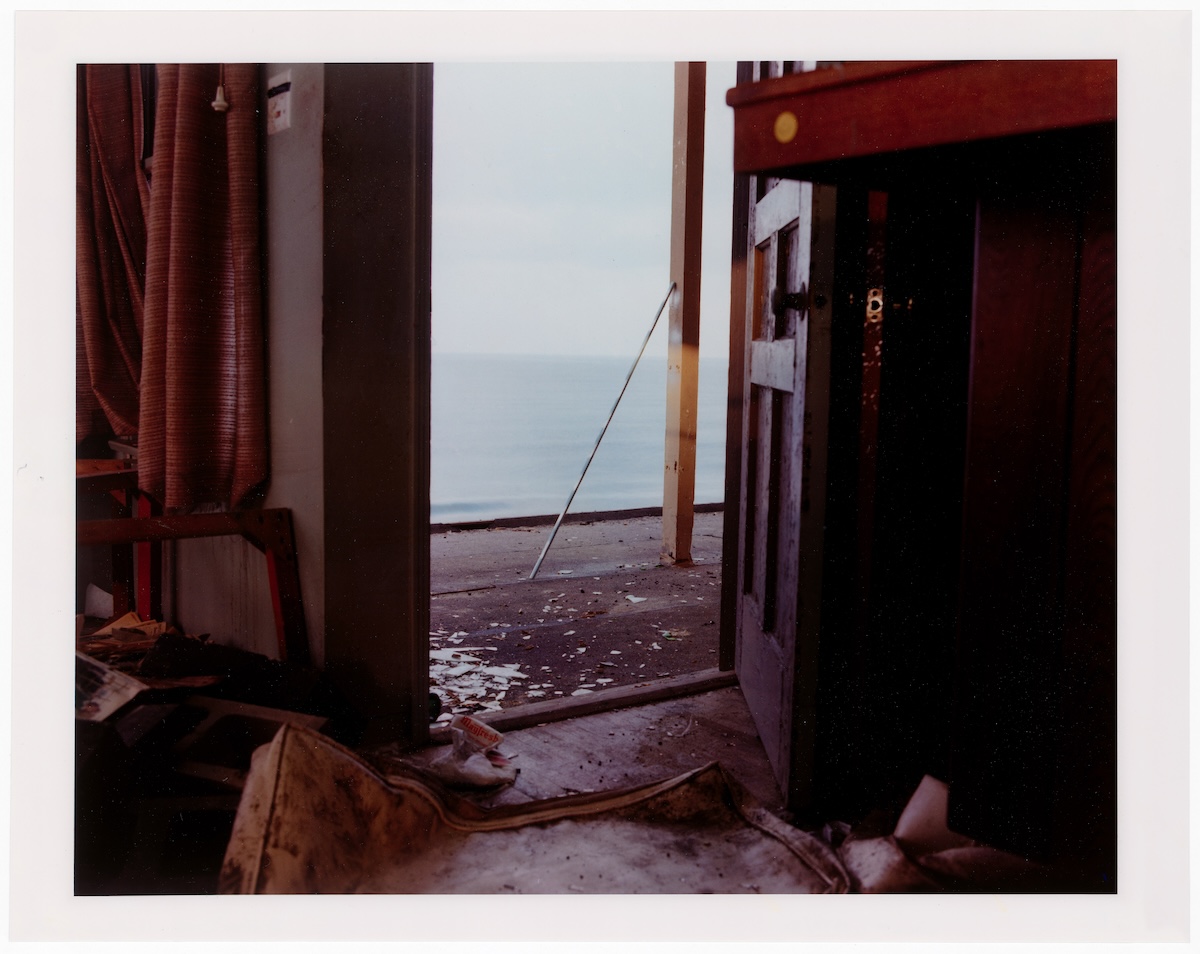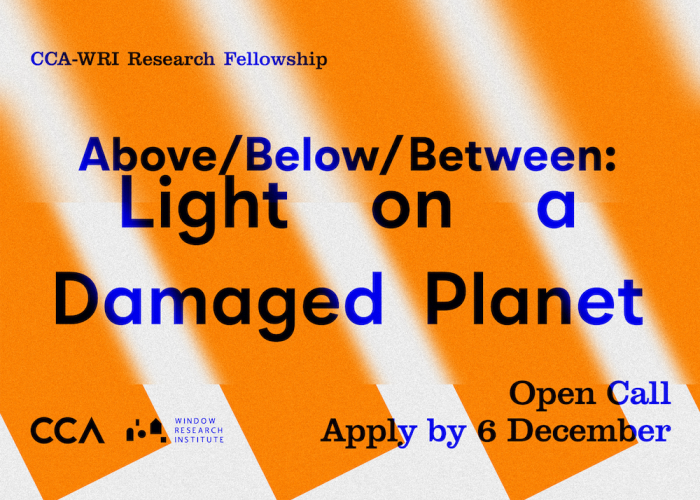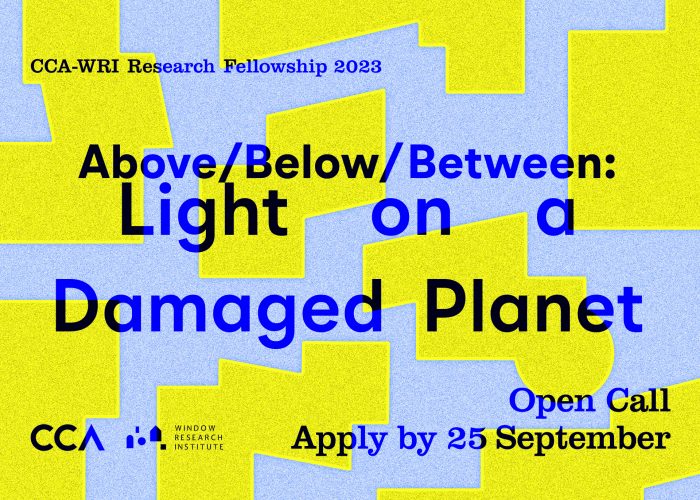The CCA–WRI Research Fellowship Program, jointly organized by the Window Research Institute and the Canadian Centre for Architecture (CCA), will run its second cycle from 2026 to 2028 under the theme “Vacancy.”
Each year, the program offers up to three months’ research residency at CCA Montreal for three fellows, providing financial support, access to the CCA Collection, and private office space.
Applications for the 2026 program are open on the CCA website until December 21, 2025 (12:00 AM EST).
Vacancy
Across the world, places once central to daily life have been left unused. As economies shift and populations shrink, homes, factories, public buildings, and sites are left behind. These forms of vacancy reflect recurring cycles of urban growth and decline, exposing social and spatial fractures within local life across multiple scales. At the same time, they prompt a reconsideration of how land is valued, designed, and inhabited. The CCA-WRI Research Fellowship Program seeks to reconsider these conditions and their histories, and to open a space for dialogue on new approaches to urban and rural development and their associated practices of land use.
The program will convene designers, municipal and urban officials, and researchers to explore and reimagine dialogues between real-world, ongoing projects and sites related to vacant land and buildings. Each summer (July to September) from 2026 to 2028, three CCA-WRI Research Fellows will engage with specific sites from recently completed or are active research and/or design projects to see how the generation of vacant land, buildings, and other spatial conditions works across geographical contexts, urban and rural realities, political circumstances, and timeframes. On an annual basis, the program puts the three fellows into collaborative dialogue with the intent of creating an experimental space for thinking and active design.
Vacancy is a condition that encompasses both vacant buildings and vacant lands. While these two share commonalities, they relate to distinct social contexts and offer different possibilities for cities and rural locations. Vacant landharbours potential not only for human-centric “use” but also as part of the land’s biocycle. These dynamics further link to disaster prevention, mitigating the heat island effect, enhancing urban sponge functionality, and improving soil health. Vacant buildings can also be viewed as material banks, enabling resource circulation within communities. Just as “share houses” in Japan and “loft living” in certain US urban contexts emerged over the past several decades, low rent has transformed risk into a new form of value creation and real estate speculation. These urban sites also offer new fields for designers. With the intensification of global warming, a combination of human-made and natural disastershave created vacancy as an increasingly shared societal condition that disregards national borders.
Within the program, the CCA Collection offers an open space for exploration. Researchers with active design projects that may not otherwise benefit from a historical perspective can turn their attention to, by way of example, OMA’s proposal for the development of Downsview Park, Gordon Matta Clark’s site-specific works, or Tadashi Kawamata’s photographic project documenting sites of precarious inhabitation in Montreal. These materials and other projects in the CCA Collection can spark ideas on how to engage with sites of intense urban and rural transition. The CCA-WRI Research Fellowship Program seeks to build an experimental research format that allows designers and researchers to ground ongoing projects in the CCA’s Collection by undertaking in-depth, historically informed research, and also collaborate and exchange with peer practitioner-academics from around the world—building a space in which theoretical exploration can move towards on-the-ground action.
We welcome applications focused on specific sites that are actively contending with vacancy as a social, cultural, political, and spatial condition, and committed to a theoretical model that can inform design practice. This can be achieved through a range of approaches, particularly those that take vacancy as a broad, if highly situated, condition and experience across specific urban and rural locations, as well as processes of economic, demographic, and environmental change. These approaches include engaging with:
• Vacancy as a spatial-cultural category
• Vacant buildings and their political-spatial economies
• Vacant land as a social and political construct
• Histories of urban decision making premised on land availability
• Histories of land use and management
• Industrialization as a driver of land use
• Global warming as making land disposable and vacant
• Landscape approaches to social phenomena such as demographic decline, taxation, zoning, etc.
• Rural experiences of progressive and rapid demographic growth and decline
• Rural adaptability to social and spatial change
• Vacant buildings as urban/rural resources
• Material cycle of vacant buildings (reuse/recycle/decomposition)
Open Call for the 2026 Program
EligibilityThe fellowship is open to practitioners (architects, landscape architects, urban planners, urban decision makers, cultural producers, artists) with substantial professional experience, as well as researchers holding a doctoral degree in relevant fields, and particularly applicants working at the intersection of practice and academia who can demonstrate a commitment to research, publishing, exhibiting, or a publicly accountable research practice.
Research conducted for commercial purposes will not be eligible for funding.
Fellows must be able to undertake their research project at the CCA in Montréal for one to three months between June and September 2026. They are expected to present their work –in progress publicly and engage in seminars, workshops, and exchange with the CCA community.
Fellowship Support• Residency at the CCA in Montréal (1to 3 months, between June andSeptember 2026)
• Additional financial support for travel and visa expenses
• Private office and access to the CCA Collection
• Monthly stipend of CAD 5,000 (up to three months)
ApplicationPlease refer to the full call for applications on the CCA website ↗︎.
Deadline21 December 2025 at midnight (12am, EST)
Selection ResultsThe Advisory Committee will meet in January 2026 to select candidates. The results will be communicated in February 2026. Once granted for a specific year, the CCA-WRI Research Fellowship is non-renewable or transferable.
CCA CollectionAn overview of the CCA’s holdings can be found in the Guide to archival holdings ↗︎, and more detailed information is available through CCA Collection Search Tool ↗︎.
The Advisory CommitteeMaurice D. Cox (Emma Bloomberg Professor in Residence of Urban Planning and Design, Harvard GSD), Mio Tsuneyama (Architect, studio mnm/ HOLES) , Giovanna Borasi (Director, CCA) , and Rafico Ruiz (Associate Director, Research, CCA).
CCA-WRI Research Fellowship Program 2026 - 2028 : Mio Tsuneyama and Maurice D. Cox on vacancy (Published on December 11, 2025)
Past Cycle
From 2022 to 2024, the first cycle of the program ran under the shared theme Above/Below/Between: Light on a Damaged Planet. An overview of selecte projects is available here.
For questions regarding the program, please contact: studium@cca.qc.ca
